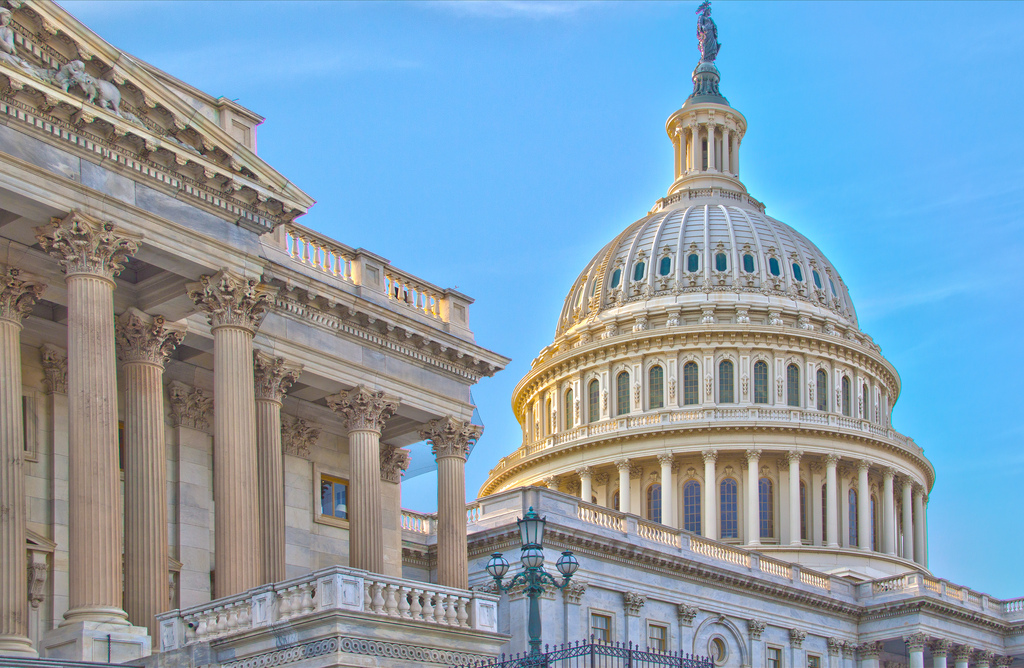Just hours before the federal government was set to shut down on Wednesday, Congress passed a continuing resolution, a stop-gap measure which continues funding the government at current levels and keeps the government open. The continuing resolution passed easily by large majorities in the House of Representatives and the Senate and will last for 10 weeks through December 11, 2015. The federal government, including many immigration-related agencies, was only funded until the end of the fiscal year which ends on September 30, requiring Congress to act.
The continuing resolution reauthorized three visa programs and the E-Verify Program for the same period of time as the resolution. These programs are:
- The EB-5 program: The immigrant investor program, known as EB-5, was created in 1990 to stimulate job growth and capital investment. It is the only visa program for investors that leads to permanent residence, and it requires that applicants invest $1 million (or $500,000 if the investment is in a rural or high-unemployment area) and create at least 10 jobs. There are 10,000 visas allocated per fiscal year for the program. Currently, there are different bills in the House of Representatives and the Senate to reauthorize the program with some changes. One bill in the House would make the program permanent; another in the Senate would reauthorize the program for five years.
- Conrad 30 Program: This program, created in 1994, allows certain physicians who trained in the United States on J-1 visas to obtain a waiver of the two-year home residence requirement. In exchange for the waiver, the physician must work for at least three years treating medically underserved populations in the United States. There is a bipartisan bill in the Senate that would make the program permanent with some changes.
- Special Immigrant Non-Minister Religious Worker Program: This program, created in 1990, allows non-ministers or other lay religious workers to come to the United States as lawful permanent residents. Currently there is a bipartisan bill in the Senate that would make the program permanent with no changes.
During the 10-week-respite Congress will have to work quickly to deal with a variety of issues, the least of which includes electing a new Speaker of the House of Representatives after the sudden announcement by current Speaker John Boehner (R-OH) that he is retiring at the end of October. The person rumored to succeed Speaker Boehner is current Republican Majority Leader Rep. Kevin McCarthy (R-CA). If this happens, it will trigger an election to select a new majority leader. These elections are take place on October 8. In his last days, many continue to voice frustration over Speaker Boehner’s failure to ever bring up immigration reform legislation for a vote on the house floor and some hold out hope he may still do it.
On top of electing new leadership in the House of Representatives, in the next 10 weeks Congress will have to deal with the debt limit, funding of the Highway Trust Fund, numerous expiring tax provisions and funding of the federal government for the rest of the fiscal year.
Photo by Victoria Pickering.
FILED UNDER: Conrad 30 Program, E-Verify, EB-5 visa, featured, immigration funding, John Boehner, Kevin McCarthy, Special Immigrant Non-Minister Religious Worker Program


